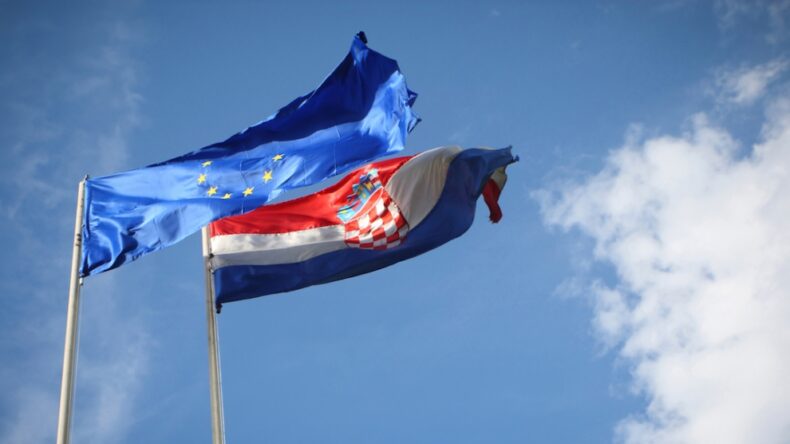EU countries to give formal approval next month for eurozone accession of next year.
On Wednesday EU officials conveyed that Croatia met the economic criteria to adopt the Euro next year. The European Central Bank reported that Croatia’s economy had remained largely in sync with the eurozone countries, although it is going through inflation and public debt.
ECB has given green light to Croatia but the European Commission has not given its approval which is to be decided in January. Looking at the convergence, Croatia has shown, it is very likely that their bid is going to be approved. Croatia got admitted in 2013 in the EU and since then it has shown a credible performance on public debt and inflation.
What are the conditions to join Euro area?
The baseline is that a new member state is ready to join and it won’t cause economic risks for other members of the group. The criteria are mentioned in article 121 of the treaty of convergence. There are the following conditions,
- The inflation rate of the joining member state should not exceed the difference of 1.5 percent to the best performing three states.
- The annual government deficit should not exceed 3% and government debt must remain under 60%.
- Member States can’t devaluate their currency.
- Long germ interest rate must not to be higher than 2% of those three best performing states.
However, in 2005 some rules were made flexible and these rules empower a nation-state to take some ‘Exceptional and temporary’ excesses.
The quest to join Euro area:
Countries like Bulgaria and Romania have also expressed their desire to join the EU Zone but they could not display an economic record likes Croatia. The single currency adoption may help Croatia have a stable exchange rate and an improved rating after adopting the Euro as a currency.
Unique conditions of Croatia:
Croatia is to benefit more than other countries because its travel sector makes up almost a fifth of its economy. On top of that Croatia is planning to join the region’s Schengen border-free travel zone.
Other countries like Bulgaria may face difficulties which could turn into a major challenge. As its inflation rate is averaging somewhere near 5.8 per cent for the last year which is above the permitted level and apart from that Bulgaria faces the issues of legal governance and institutional quality.
Croatia is the first country to join the eurozone after Lithuania joined in 2015. It is a country of 4 million people with a per capita income of 14,000&, which makes Croatia the poorest country in the bloc in comparison to other states which have triple of per capita income Croatia has. Greece and Latvia are relatively poor but still, they have a $ 17,500 per capita income better than Croatia.
Croatia’s monthly inflation has been 4.7 per cent his year which is merely below to reference rate of 4.9 per cent. The country’s government debt was 79.8 per cent of its last year’s GDP, which is above the reference limit but given the impacts of covid, the EU has relaxed this restriction.
The ECB conveyed that it is going to be a bumpy road ahead for Croatia as there were concerns about whether it could achieve sustainability in the longer term. To prevent the high inflation rate and other imbalances, this process must be supported by appropriate policies.
For the last two years Croatia and Bulgaria have been trying to smoothening their entry by managing their exchange rate fluctuation under the guidance of the European Exchange Rate Mechanism. Both the countries have adopted measures against money laundering, reforms in insolvency laws and other measures.
European Union gives a ray of hope in a world where more nation-states are adopting protectionist policies of trade. The world needs more groupings like the EU to make trade easy which eventually benefits people, raising their life standards. Europe is the shining example of cooperation and what great things can be achieved from cooperation.
Edited By: Aaradhana Singh
Read More – The war between Russia and Ukraine might cost the world economy $1 trillion.













